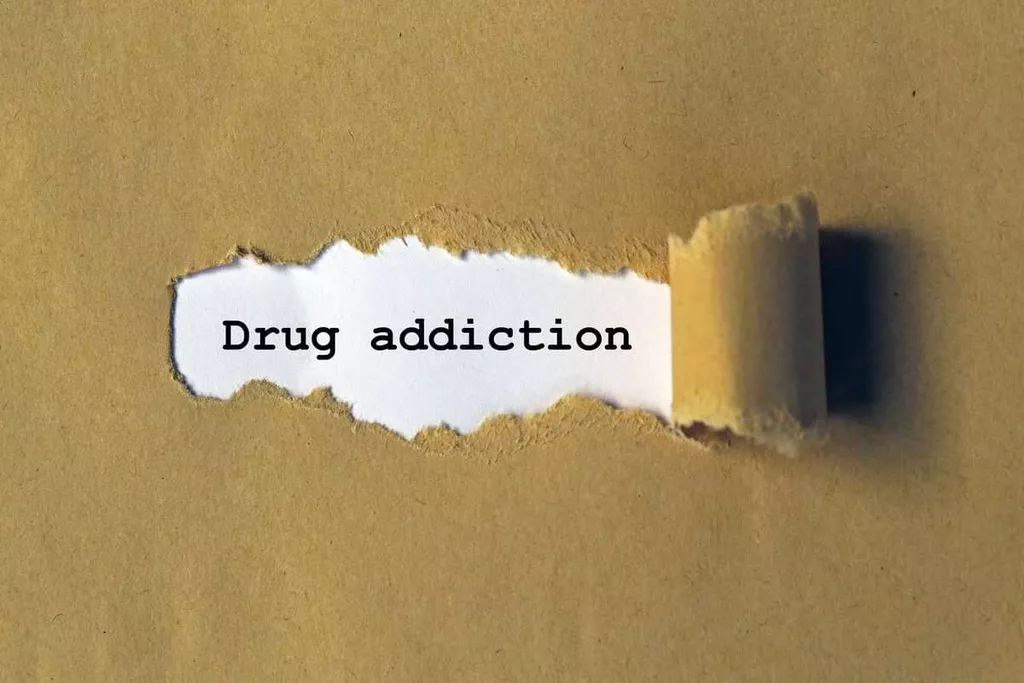While it’s still crucial to lean on your loved ones and meet routinely with your therapist, there are daily practices you can put into place to foster a sober lifestyle on your own. Developing a structured routine can help a person stick to their sobriety goals, make healthy decisions, and reduce the likelihood of triggers and relapse. Establishing a routine with regular sleep and support group attendance can reduce stress and help you stay sober. Getting sober may seem difficult, but there are strategies you can use to get and maintain sobriety. Some are structured in programs, such as the 12-step approach used by Alcoholics Anonymous and similar addiction recovery programs.
- Support isn’t just needed to get a person started on the path to recovery from addiction.
- Your first responsibility is to your recovery, and it’s important to protect it by making necessary changes.
- Although these new activities are healthy and productive, they can be a stumbling block to lasting recovery if they become a transfer addiction to fill the void left by the original addiction.
- SOS provides individuals with alternatives to spirituality-based recovery programs.
- The alcohol prompts them to hide behind their stress and fear instead of coping with it.
LifeRing Recovery

In discussions about addiction treatment, AA and the 12 steps tend to prompt polarizing reactions — some people swear by the programs, others absolutely hate them. It concluded that these other groups perform about as well as 12-step programs. Studies generally show that other treatments might result in about 15 percent to 25 percent of people who remain abstinent. With A.A., it’s somewhere between 22 percent and 37 percent (specific findings vary by study). May be better for many people, other approaches can work, too. And, as with any treatment, it doesn’t work perfectly all the time.
The Best Addiction Memoirs for the Sober Curious
- “The simple message that’s best supported by the evidence is that, if you drink, less is better when it comes to health,” Naimi said.
- If you or a loved one is struggling with addiction, it’s important to find the right program.
- Depending on where you live or where the meetings are, AA groups might lean heavily toward one age, cultural background or gender.
- Exercising on a regular basis is a good alternative for AA.
- And, as with any treatment, it doesn’t work perfectly all the time.
- For example, AA really emphasizes total abstinence from drinking as the solution to alcohol addiction.
- You can use the internet to realize your dream to sobriety.
If you have a milder drinking problem, you might be able to go it alone. Aside from support groups, there are many other ways to get help for your alcohol use. But if you don’t want to put your life on pause, there are also outpatient centers and telehealth programs that can fit within your schedule. And for those who don’t want to quit completely (as AA requires), harm-reduction and moderation-based approaches might be a good fit. This addiction recovery support group is for women with any type of substance use disorder, including AUD. Their New Life Program is based on 13 acceptance statements, and six levels of recovery.
Alternatives to AA
She said, “If this is what getting sober is like, I’ll just keep drinking.” Thankfully, 15 years later, she found another way and is thriving in recovery. This can include toxic relationships in which you feel unheard, misunderstood, unsupported, demeaned, unsafe, and/or getting sober without aa attacked. Relapse (using substances again after stopping) can and does happen, with 85% of people experiencing relapse at least once and half of them doing so within the first two weeks of sobriety. To begin, it can take several hours to sober up from alcohol.
- There are several alternative programs to AA for staying sober, such as SMART Recovery, Refuge Recovery, and Women for Sobriety.
- Once you are happy and satisfied, it becomes easier to eliminate alcohol cravings.
- Some individuals may feel uncomfortable with the religious or spiritual aspects of AA, while others may prefer a more secular approach.
- The research is based on an analysis of 27 studies involving 10,565 participants.
- It can help to have a trusted confidant or two with whom you can share your struggles, successes, and revelations.
- Moreover, American deaths related to alcohol more than doubled between 1999 and 2017.
However, there are individuals who lack faith is this 12 step program which seeks to unite former alcoholics in the journey to recovery. If these emotions become excessive, they can hold you back from recovery. If you are trying to maintain a sober lifestyle, those feelings can become toxic and contribute to relapse if you don’t deal with them properly.


HOW MANY DRINKS CAN I HAVE PER DAY?
Sober Confessions: Celebs Who Announced They Gave Up Drugs, Alcohol – Us Weekly
Sober Confessions: Celebs Who Announced They Gave Up Drugs, Alcohol.
Posted: Thu, 28 Dec 2023 08:00:00 GMT [source]